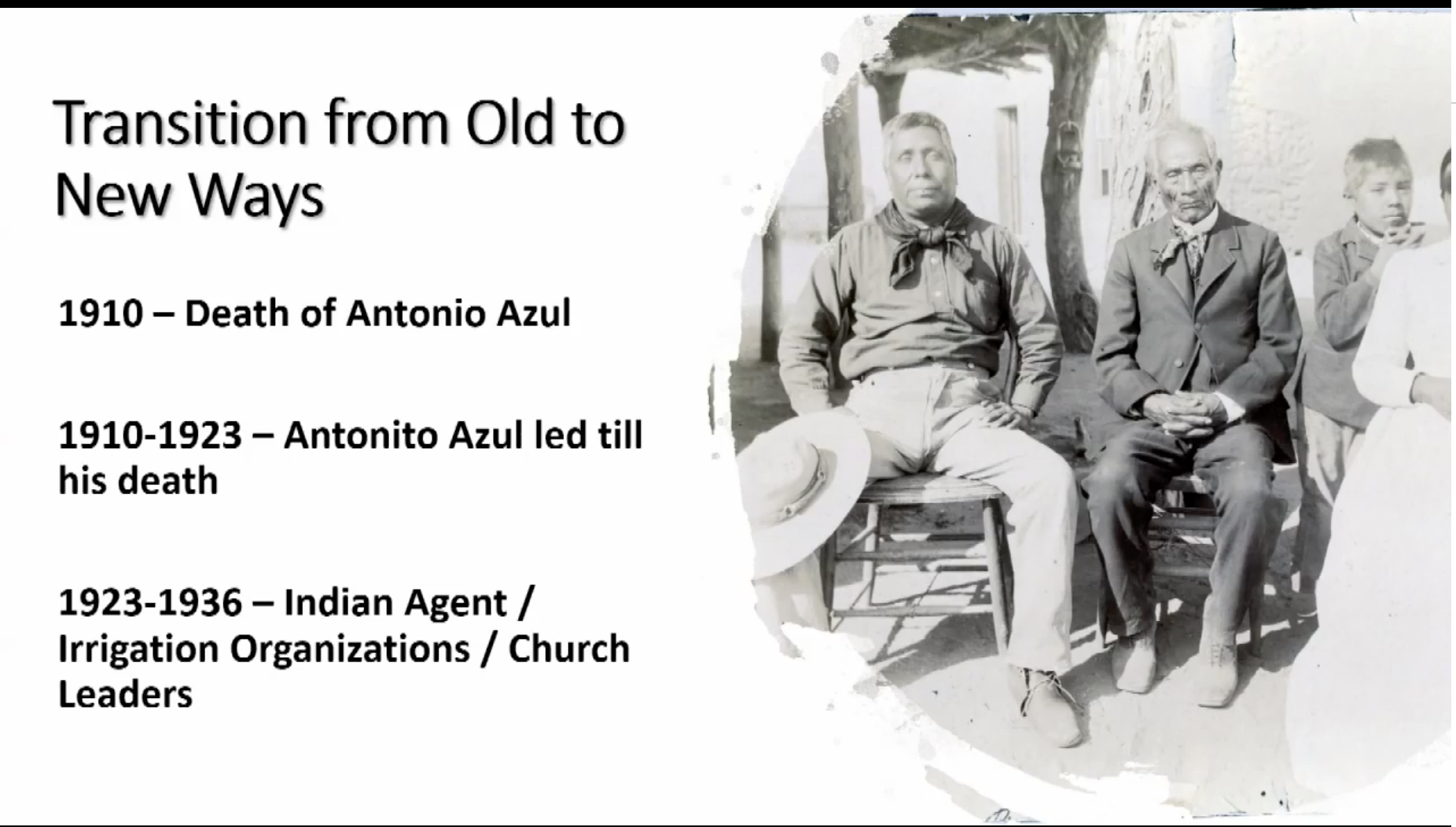It’s Your Constitution: Gila River Indian Community hosts constitutional convention
Emma Hughes
Gila River Indain News
On Saturday, Aug. 29, a virtual constitutional convention was streamed live on Facebook and Gila River Broadcasting Corp. channels 19.1 and 29.1 to promote the Gila River Indian Community’s upcoming Special Election, which will be held in conjunction with the General Election on Nov. 3.
Gila River Indian Community council voted and approved a resolution requesting that a Special Election be held on proposed amendments to the Constitution and Bylaws of the Gila River Indian Community. Three different articles in the constitution will be on the ballot: Article III – Membership, Article XI – Districts, Article XV – Powers of the Gila River Indian Community.
The proposed amendments are from the Tribal Constitution Reform Project who collected data from the Community on possible amendments to the Community’s constitution.
The virtual convention brought together Community members to watch presentations and discussions from Gila River Indian Community’s leadership and members on the proposed amendments on Facebook Live. Presenters answered questions sent in by email or commented during the live feed at the event’s conclusion.
“What we are talking about today is literally, who and what the Community stands for, and that’s our Constitution,” said Gov. Stephen Roe Lewis who provided a welcome address to viewers. Sharing historical background of the Gila River Indian Community, its Constitution and Voting rights; “We can’t take voting lightly,” said Gov. Lewis who strongly urges Community members to vote. Lt. Gov. Robert Stone provided a prayer and also urged members to be informed and vote.
The Special Election requires at least 30 percent of registered voters to participate in order for the results to be valid or approximately 1,960 voters of the current 6,536 registered voters. Nadine Shelde, Tribal Elections Program, provided information on voter registration, although it is currently closed for the Sept. 15 Primary Election. Registration will resume Sept. 16 through Oct. 6.
Community members are strongly encouraged to register and vote in both the General and Special Election. Applications can be requested and sent by mail, there are no online applications. In response to the pandemic it is strongly encouraged to vote by mail, notarization for absentee ballots are waived and must be signed by the voter. The Community will be offering “drive-thru” voting but if it is preferred, walk-in polling sites will also be available. Masks and physical distancing will be required. For more information on voter registration, contact the Tribal Elections Program at (520) 562-9735 or (520) 562-9758.
Anthony Gray, Culture Coordinator, Tribal Education Department, delivered a historical presentation of the Community and its “transition from old to new ways,” from the 1934 Indian Reorganization Act and the adoption of the initial constitution in 1936 as well as the current Constitution adopted in 1960. Gray’s presentation included an early 1901 constitution from Santan, which was eventually vetoed by the Indian Agent at the time. Javier Ramos, Senior Counsel, Office of General Counsel, provided legal descriptions on the Special Election and the amendments up for vote. Ramos said there will be separate ballots for the Special Election and shared examples of the questions on the ballot.
Anthony Newkirk, Gila River Urban Members Association, shared his perspective and opinions regarding Article III – Membership and the “Twenty-year Rule,” which states that if a member who establishes residence off the reservation and remains away from the reservation, continuously for 20 years shall automatically forfeit membership. This article has never been enforced and its origin is unknown.
“There are people that go to school, get a job elsewhere that probably aren’t aware of this article,” said Newkirk, who was born and raised in Chicago. Newkirk shared his background as an example of different situations where a Community member does not reside in the Community. The Gila River Urban Members Association provides assistance to any Community member that resides off the reservation. For more information, you can visit their website gilariveruma.org, where you can also find copies of the Gila River Indian Community’s constitution.
Keith McDonald from the Department of Land Use Planning and Zoning (LUPZ) presented the boundaries of the districts in the Community, with the main focus on District 6 and District 7 and Article XI that address the boundaries of Co-op. Maps are available from LUPZ upon request at (520) 562-6003.
For more information on the Special Election you can visit mygilariver.com.

